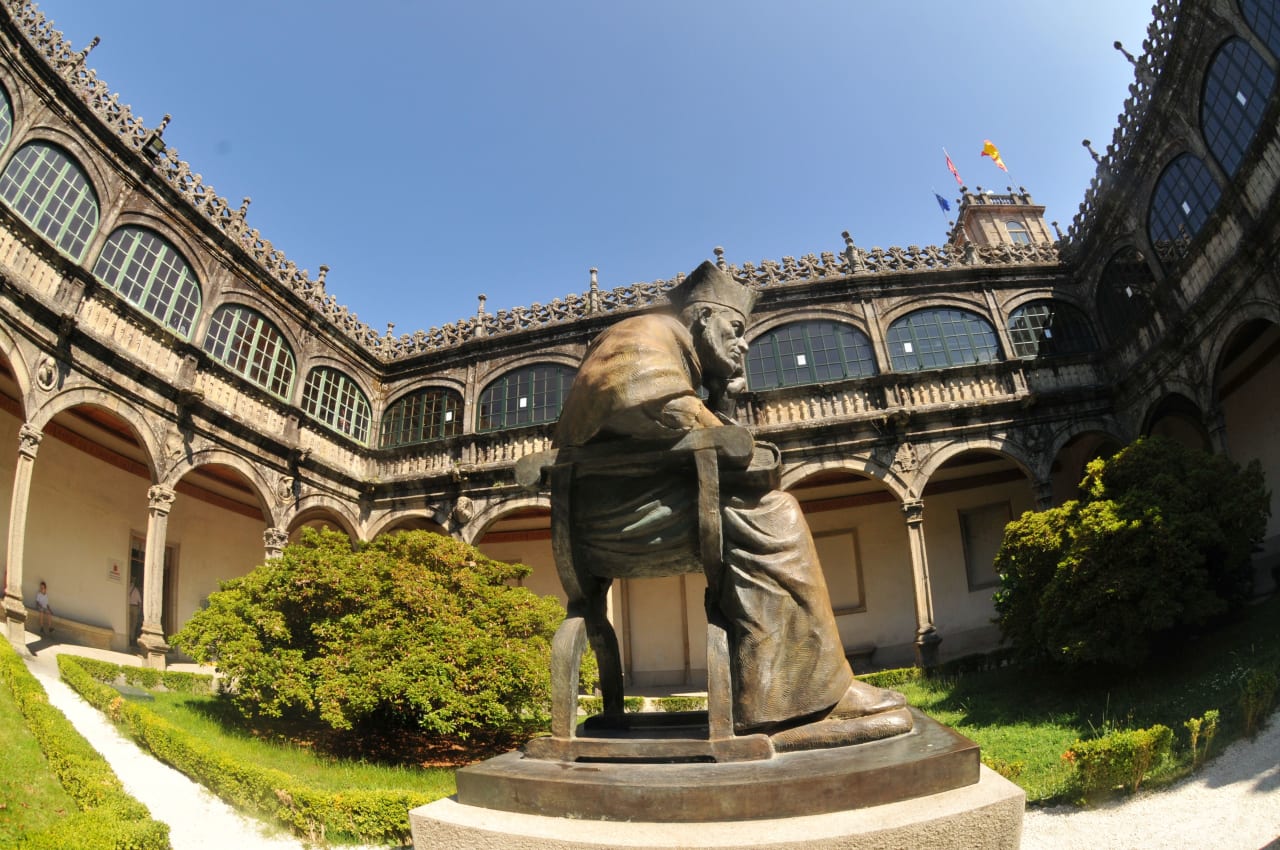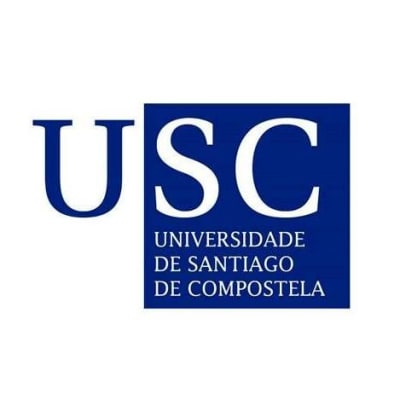
PhD in Drug Research and Development
Universidade Santiago de Compostela

Key Information
Campus location
Santiago de Compostela, Spain
Languages
Spanish, Galician
Study format
On-Campus
Duration
3 years
Pace
Full time
Tuition fees
EUR 200 / per year
Application deadline
Request info
Earliest start date
Oct 2024
Introduction
Research in the field of biomedicine and pharmacy provides a solid foundation for the advancement of medicine. The introduction into the market of new drugs quickly and continuously, new active substances or new pharmaceutical forms are allowing to extend the life of patents (and with this the return on investment that, for pharmaceutical laboratories, represents the launch of new drugs to the market). These are some of the main challenges facing the pharmaceutical industry. This situation justifies the need to train doctors in the field of Drug Research and Development who are capable of carrying out their future activity in research centers or of becoming professionals who join pharmaceutical companies and the like.
The Doctoral Program in Research and Development of Medicines has been positively verified by the Council of Universities (on July 15, 2009) and has obtained the Mention towards Excellence (MEE) to which doctoral programs that comply with very demanding quality standards, which the Doctorate Program in Medicines R&D has managed to overcome successfully (MEE2011-0097), also receiving the highest score of all USC doctoral programs (obtained score 93 / 100). This circumstance has meant that the demand for students in this Program has increased in recent years, which shows its interest for society.
Likewise, as an index of the quality of the program, we can also highlight the fact that the PhD in Drug R&D has had a stable and high number of enrolled students, the number of Doctoral Theses defended with levels being also very high. very high quality. Likewise, the gradual increase in the number of theses defended as European Doctorates should be noted, which logically implies, on the one hand, the carrying out of research stays in laboratories of other prestigious European universities by doctoral students but, In addition, the need both to submit the work carried out to an evaluation process prior to the defense by international experts, as well as to have experts from other countries in the Court in charge of judging the work carried out, without forgetting that the act of defense It must be done in a language other than Spanish.
During all these years, to raise the level of quality of the activities carried out in the program, it has been usual to have the collaboration of outstanding external professors and researchers, both from universities and pharmaceutical laboratories, national and foreign and that, in some cases They collaborate closely with the professors and researchers integrated in the research groups in charge of the development of the doctoral program. For this, it has had both funding from the USC's own grants as well as those established by the MEC to promote the mobility of teachers and students in Doctoral Programs with a Quality Mention. After awarding the Mention to Excellence, the MEC has subsidized the participation of various European professors in doctoral activities and the travel of several doctoral students to other universities, most of them European, to carry out research stays related to their projects. thesis.
The program is widely accepted internationally, as evidenced by the high percentage of foreign students, mostly from European and South American countries, who have completed their doctorates within it.
Lines of investigation
- Dosage forms and advanced systems for the administration of drugs, vaccines and genetic material in the prevention, diagnosis and treatment of diseases
- Nanostructured materials and systems for tissue engineering and cell therapy
- Molecular and cellular bases and clinical aspects involved in pathogenesis and in drug research and development
Gallery
Ideal Students
No training supplements
Students who wish to join the Doctoral Program will not need additional training as long as they have a Master's degree with content related to Sciences, particularly Health Sciences, following a favorable report from the Academic Committee of the Doctoral Program ( CAPD).
In particular, Master's studies in Drug Research and Development represent the natural route to access the doctorate, since precisely this Master is the one that replaces the training stage of the previous doctoral program, without this meaning that students from other Masters can carry out the activities of this doctoral program without any problem, without the need to carry out previous training complements. Likewise, the possibility of admitting to the Program without training complements may be considered students with the DEA degree who may have obtained through the previous program that gave rise to this Doctoral Program.
Other profiles
In the case of applicants with other types of profiles different from those mentioned above, it will be the Academic Committee that will evaluate each case individually.
In the case of profiles of potential students who have not completed a Master's degree, as is the case of Graduates in Pharmacy (Degree = 300 ECTS), it will be necessary for them to prove an equivalence of training in research credits, at least equal to those of the Master's degree that gives direct access to the Doctorate in Medicines R&D, that is, the Master in Medicines Research and Development.
If the student body lacks the complete prior training required in the doctoral program, admission may be conditional on passing specific training complements.
Admissions
Curriculum
Formation activities
- Attendance and participation in courses and seminars related to the lines of research developed in the E2071A01 program
- Dissemination of research results through participation in conferences E2071A02
- Publication of research results (articles and/or chapters) E2071A03
- Carrying out research stays in laboratories of national or foreign centers E2071A04
Training complements
- Information, management of dissemination and exploitation of results in R&D of medicines P2101102
The training complements must be specified for each student by the CAPD, without exceeding 15 ECTS. The specific training complements may be master's and degree subjects or modules and will, for the purposes of public prices and the granting of scholarships and study aid, be considered doctoral level training.
In any case, an attempt will be made to adapt the training complements to the mandatory subjects of the Master's degree that gives direct access to this doctorate and better if they are developed in the first quarter of the academic year, as is the case with all mandatory subjects.
Furthermore, and whenever possible, these complements will be made prior to the student's registration at the thesis stage. Exceptionally, for cases in which this possibility does not exist, the Academic Committee will study the possible solutions on an individual basis, which absolutely prevents making a forecast in advance.